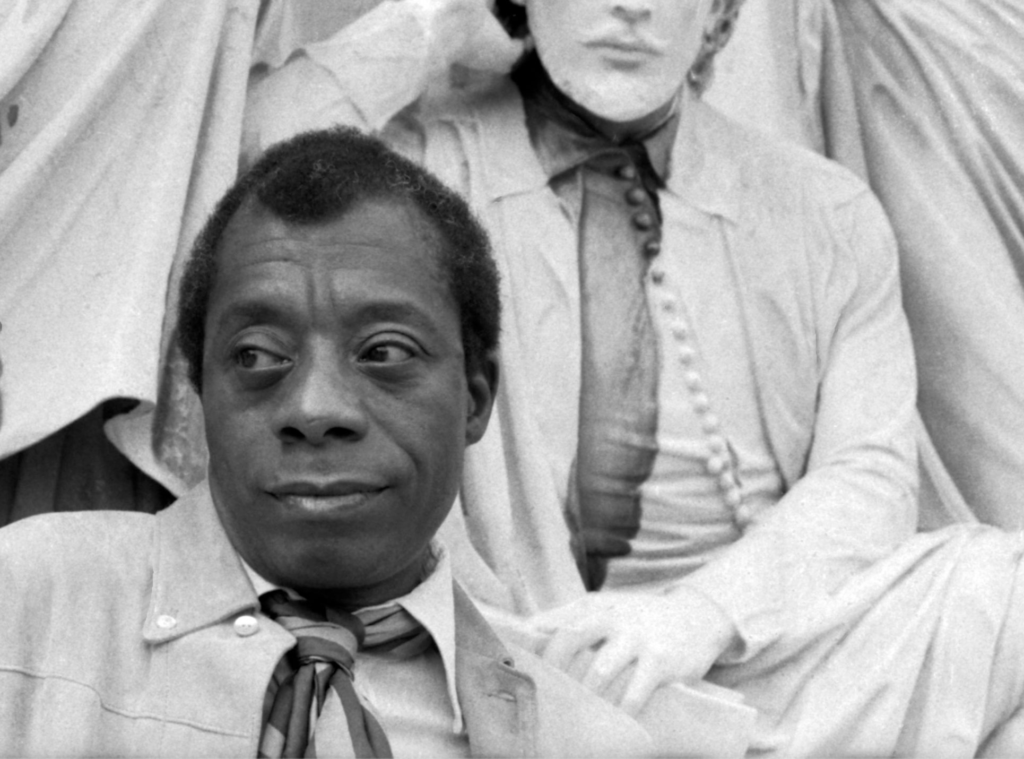Unveiling The Truth: James Baldwin And Truman Capote’s Relationship In ‘Feud: Capote Vs. The Swans’ Episode 5
In the fifth episode of ‘Feud: Capote vs. The Swans,’ executive producers delve into the complex relationship between James Baldwin and Truman Capote. The episode takes a creative approach to shed light on the dynamics between the two figures and their place in 1970s New York high society.
Shifting Focus
The episode shifts away from the wealthy socialite “swans” associated with Truman Capote to highlight the societal challenges faced by gay men in the 1970s. It aims to open a dialogue about the limited roles allowed for gay men in the high society of that era.
The Role of James Baldwin
Actor Chris Chalk, portraying James Baldwin, emphasizes Baldwin’s advocacy for both Black and queer communities. Baldwin’s character encourages Capote to reclaim his power and complete his posthumously published novel, Answered Prayers.
Baldwin’s Struggles

The episode explores Baldwin’s own challenges as a Black gay man in America, leading him to relocate to Paris to escape racial and sexual prejudices. Chris Chalk sees Baldwin as a symbol of advocating for authenticity and safety.
Ryan Murphy’s Unique Perspective
Actor Chalk appreciates how Ryan Murphy’s work forces viewers to confront societal hate and evil, offering a different perspective. The use of offensive language in the series aims to depict the ease with which the “swans” substituted gay slurs for decorum in private.
Insights from Producers
Director/executive producer Gus Van Sant and writer/executive producer Jon Robin Baitz shed light on the inspiration and research behind the episode.
Imagined Event
Baitz explains that the meeting between Baldwin and Capote is an imagined event, a play looking at the situation from a unique perspective. Baldwin’s recommendation of exile, paralleling his own move to Paris, is seen as a wise suggestion to Capote.
Real Relationship Insights
Baitz refers to Baldwin’s diaries, mentioning the ambivalent relationship between Baldwin and Capote. Baldwin’s kindness contrasts with Capote dismissing Baldwin’s writing as second-rate, revealing the complexities of their interaction.
Exploring Privilege
Van Sant comments on the series’ exploration of white women’s privilege and their use of gay men as accessories. Capote, with his wit and risqué storytelling, became a fun friend for these privileged women.
Naiveté and Betrayal
The producers discuss the naiveté of the “swans,” who believed Capote would not use their lives for material gain. The shock and embarrassment of being exposed in Capote’s writings led to Capote’s exclusion from their social circle.
Use of Offensive Language
Baitz explains the deliberate use of offensive language in the series, indicating moments of exposure and intimacy. The choice to include the offensive language was to stay true to the characters and the time period.
Capote’s Downfall
Van Sant and Baitz provide perspectives on why Capote was unable to recover and finish his novel. They attribute his downfall to his celebrity status, partying, and the numbing effects of self-loathing.
The episode is part of the eight-episode limited series, and viewers can catch new episodes on FX Wednesdays at 10 p.m., streaming the following day on Hulu. The exploration of societal complexities and personal struggles continues to unfold in ‘Feud: Capote vs. The Swans.’
Get The Latest Updates From The World Of Music, Movies, TV, Culture, And Fashion In Musical States Magazine. Please Follow Us On Facebook, Instagram, Twitter, And LinkedIn To Receive Instantaneous Updates



